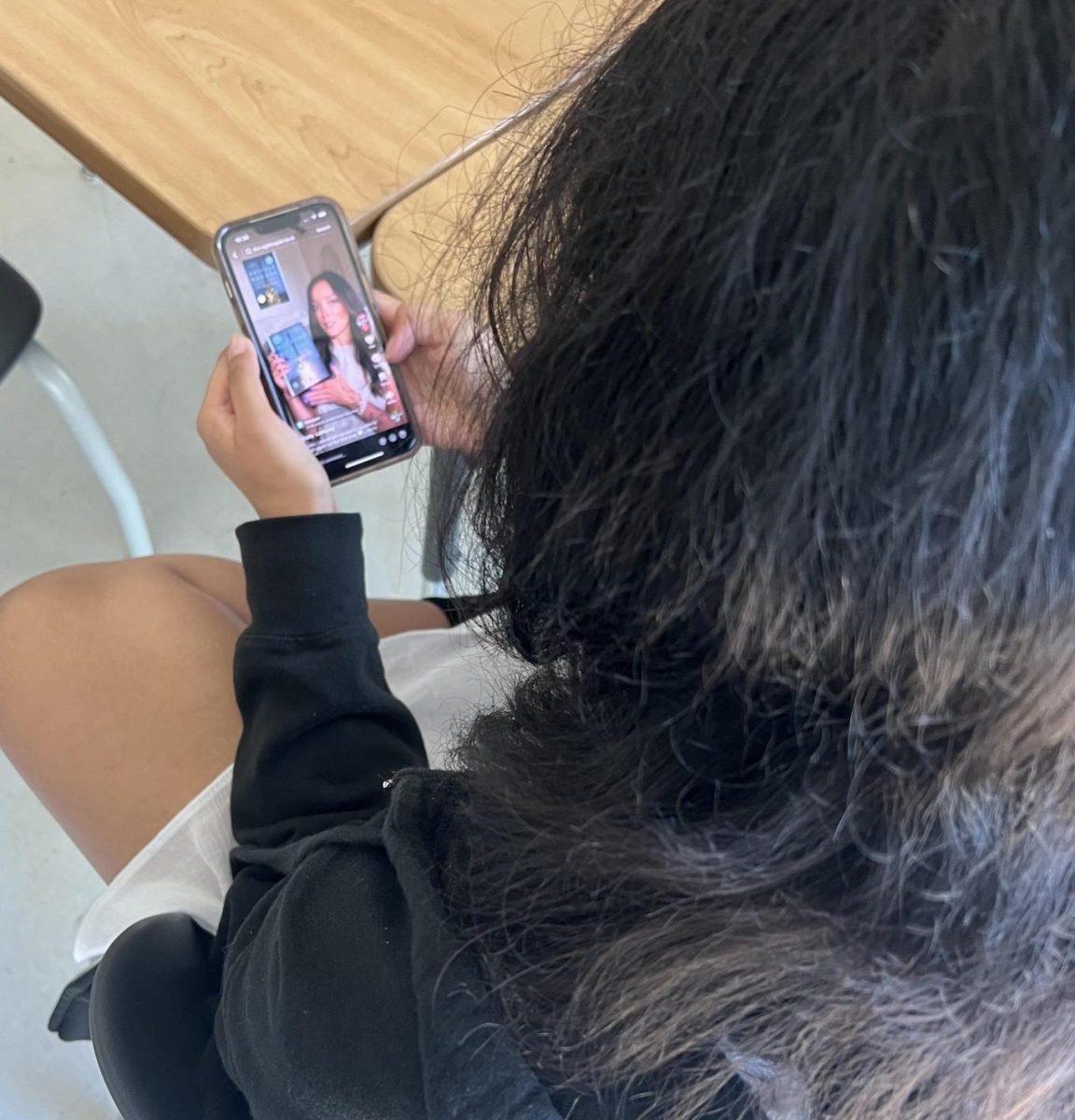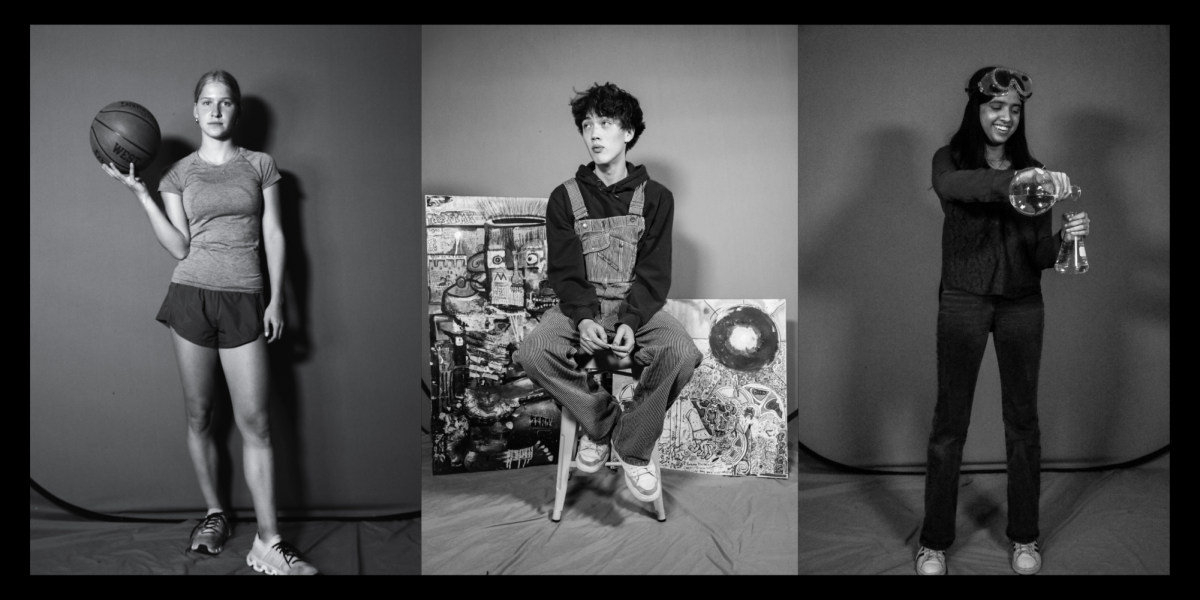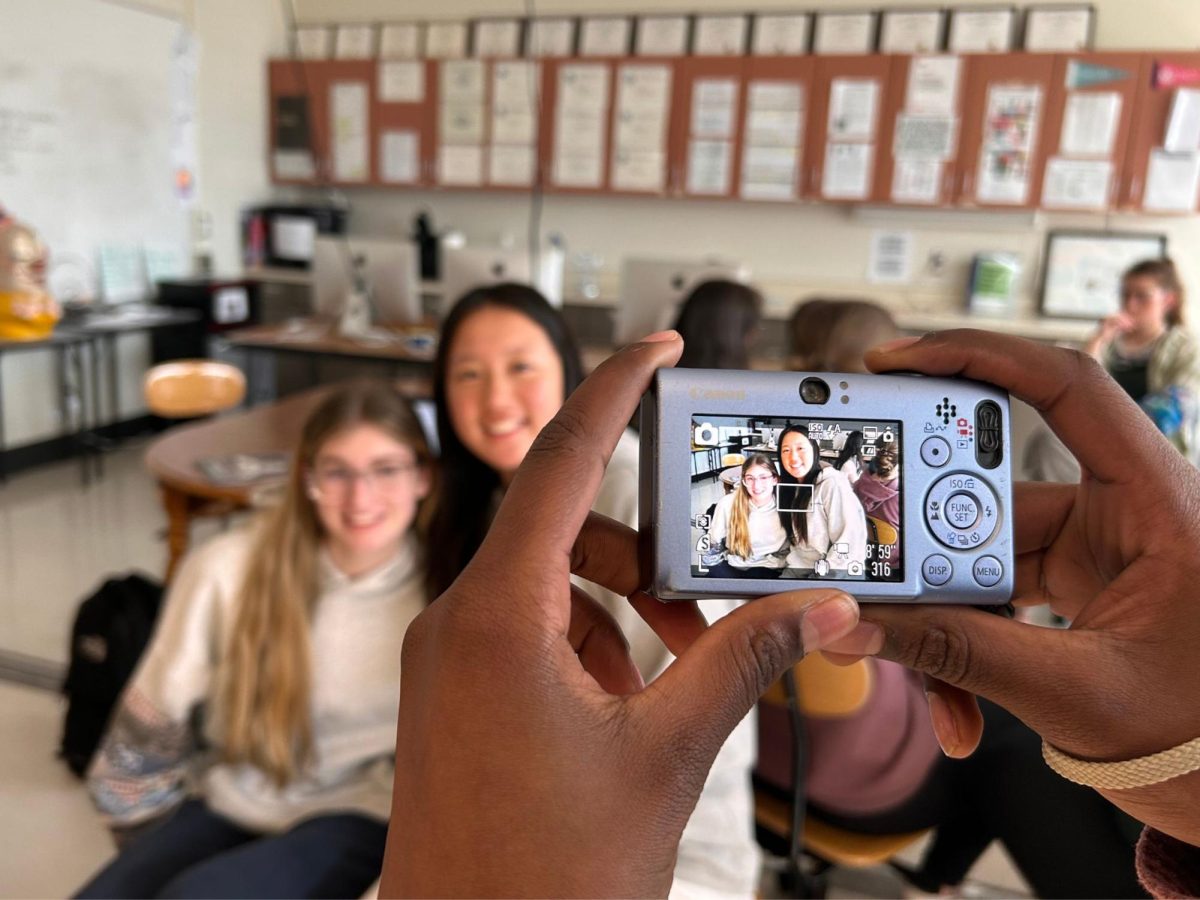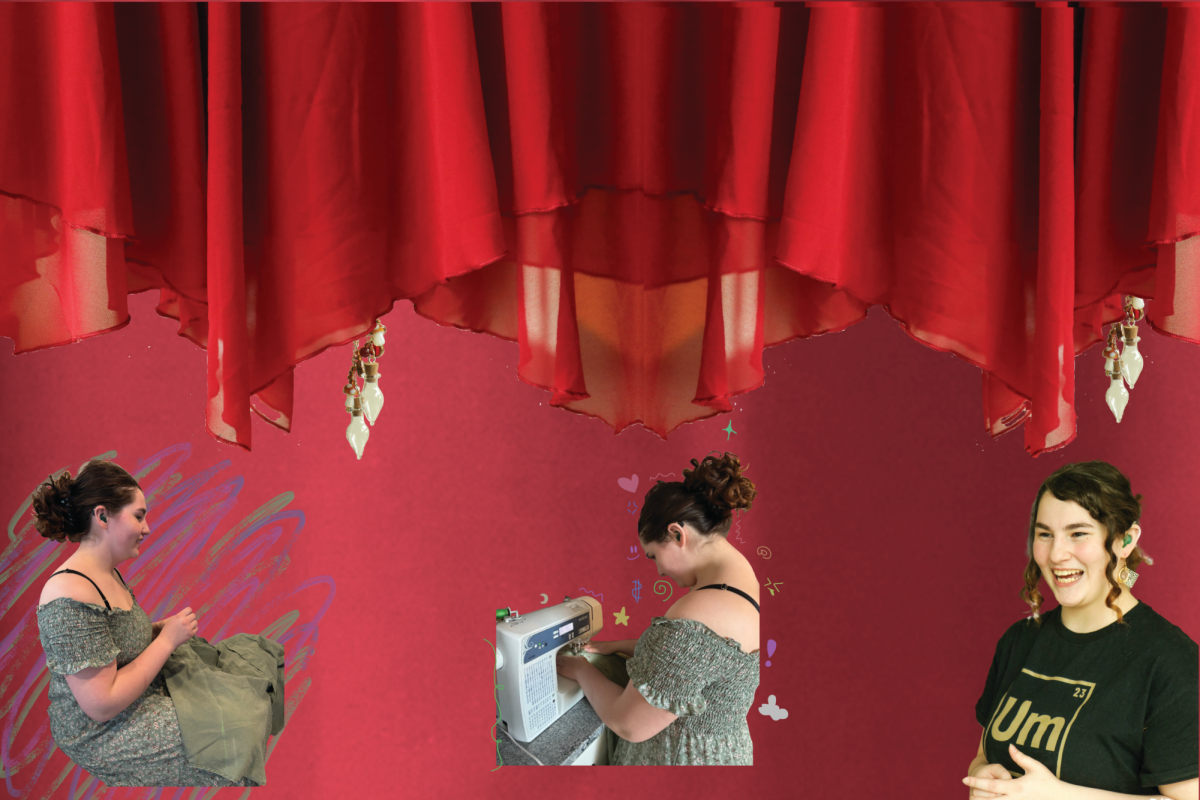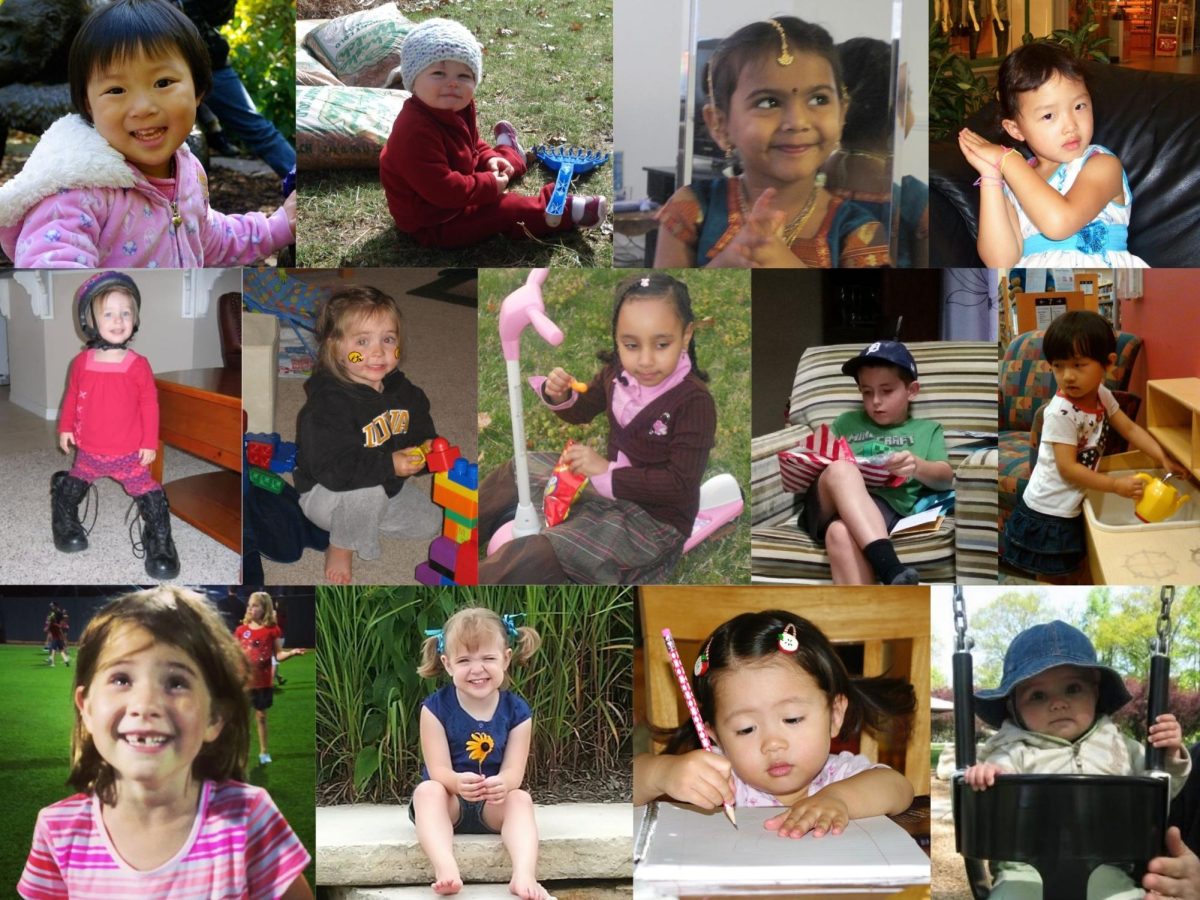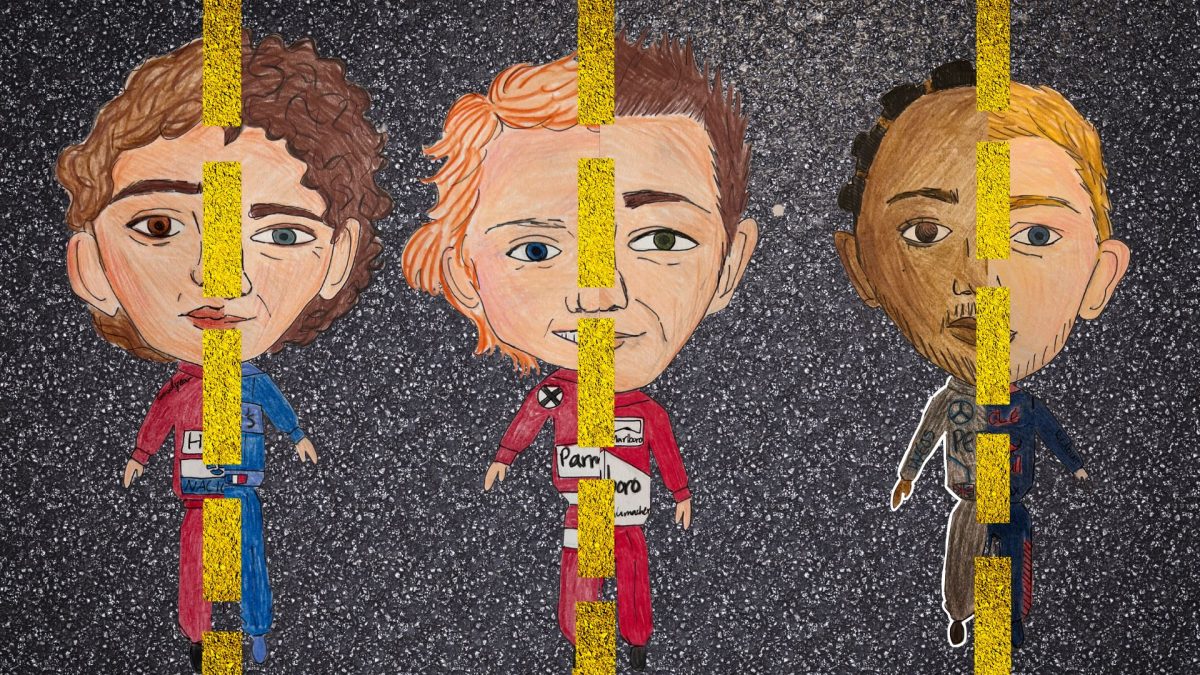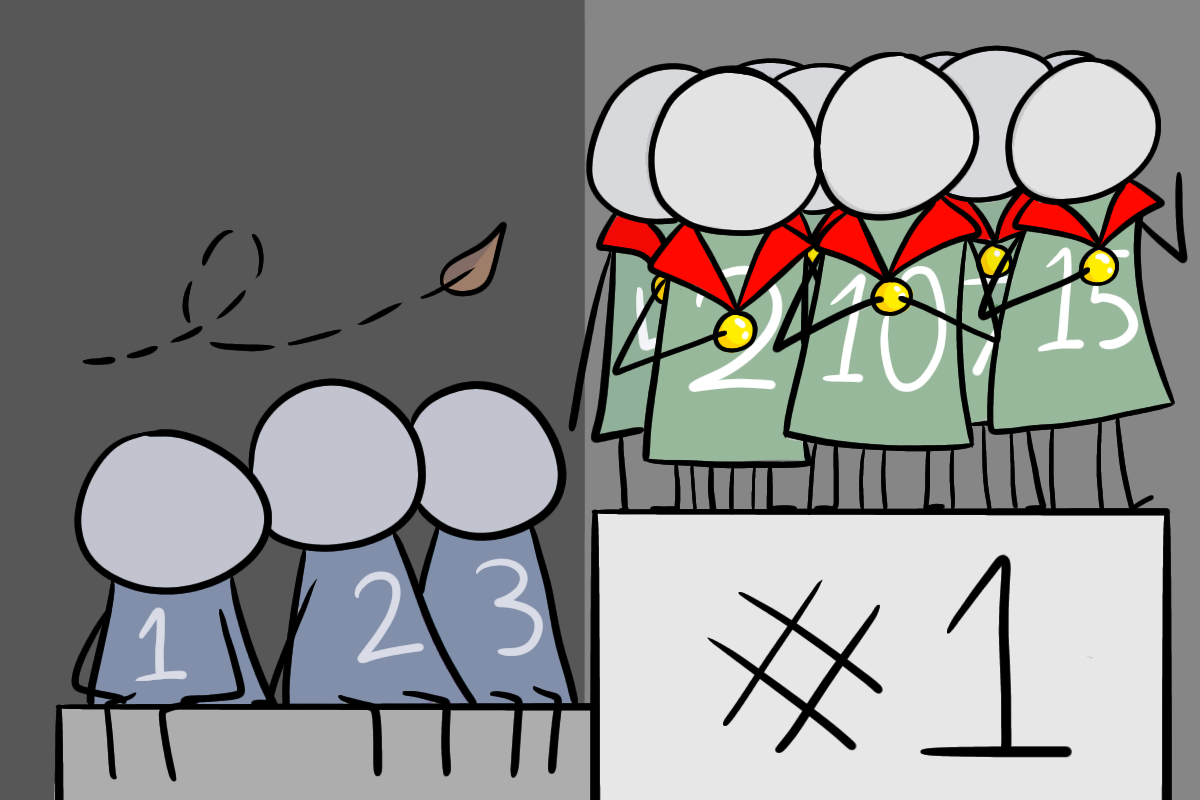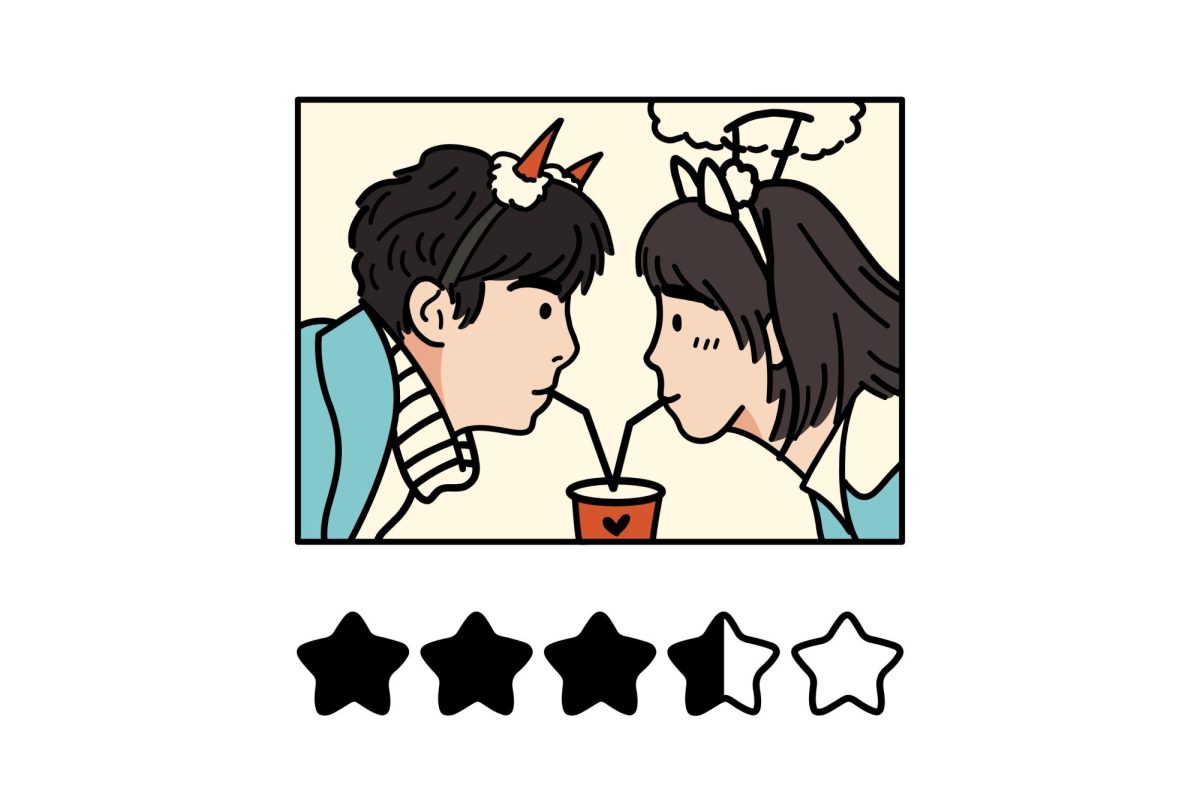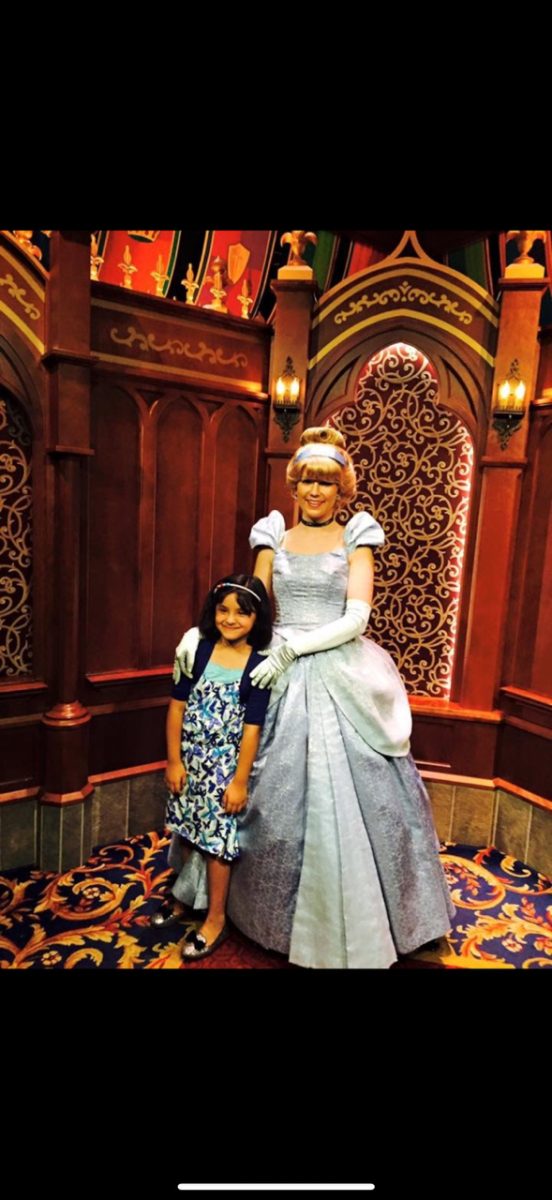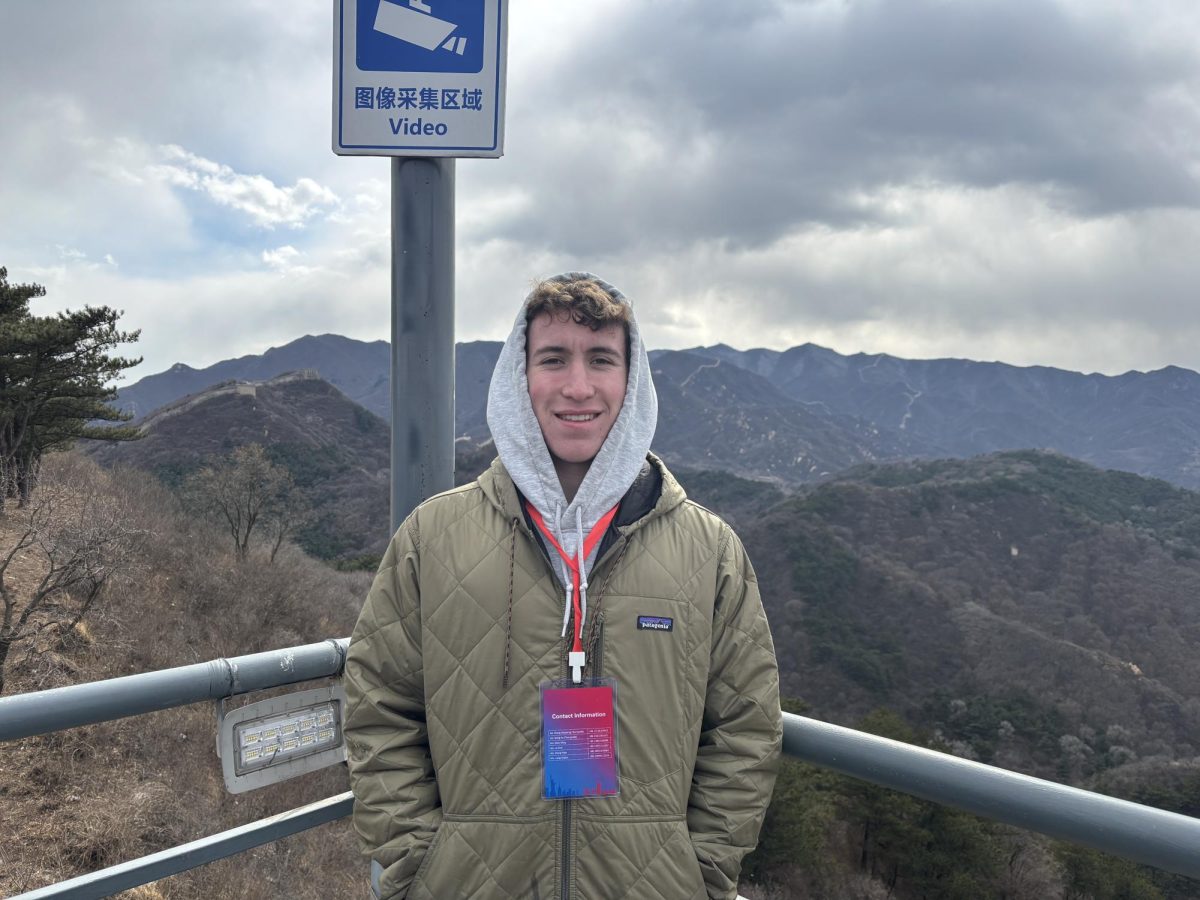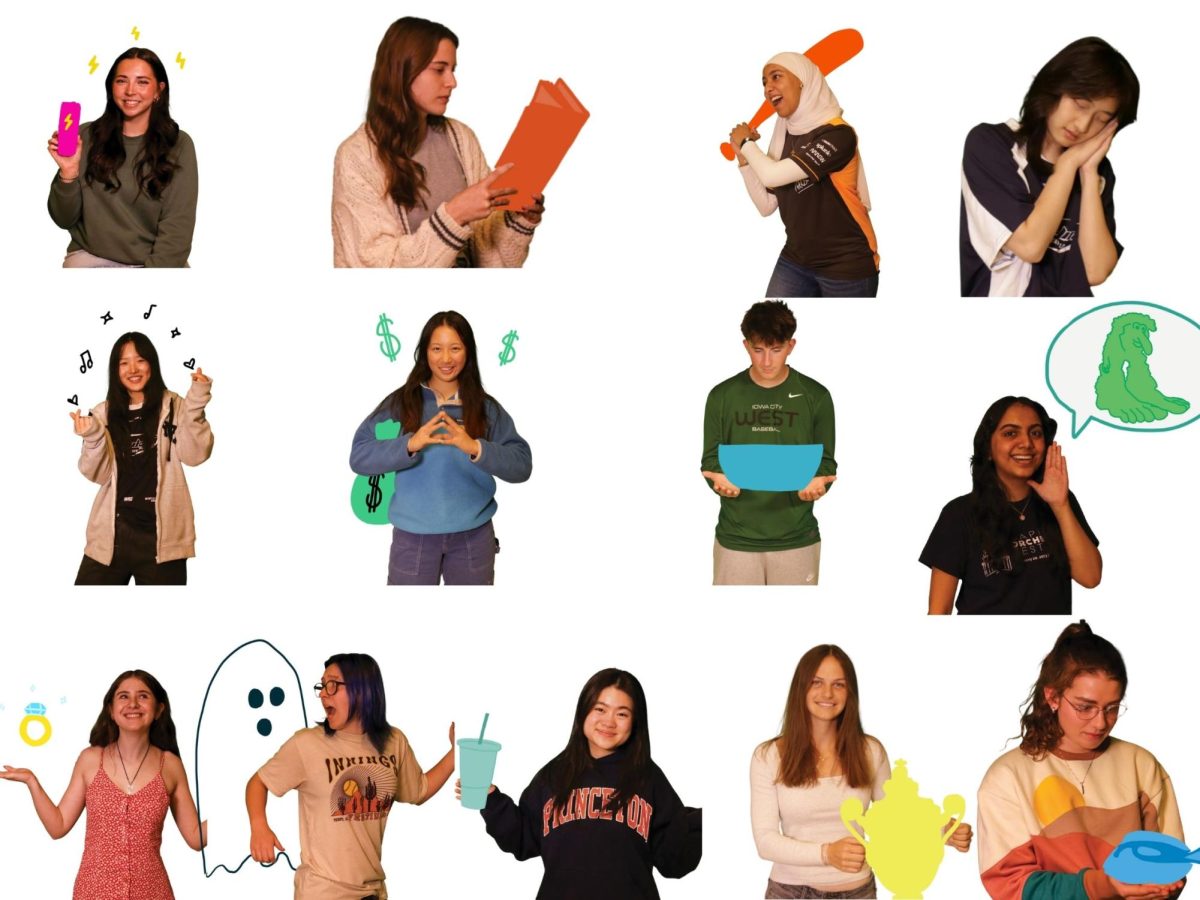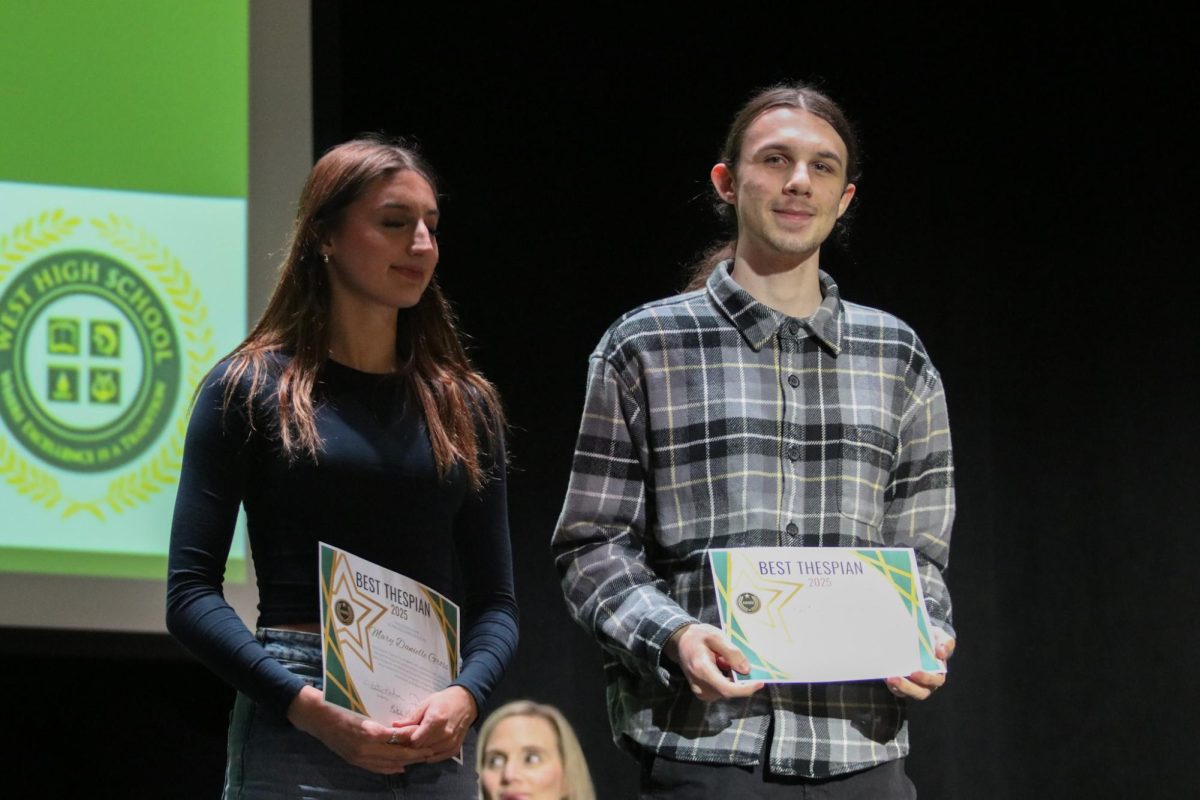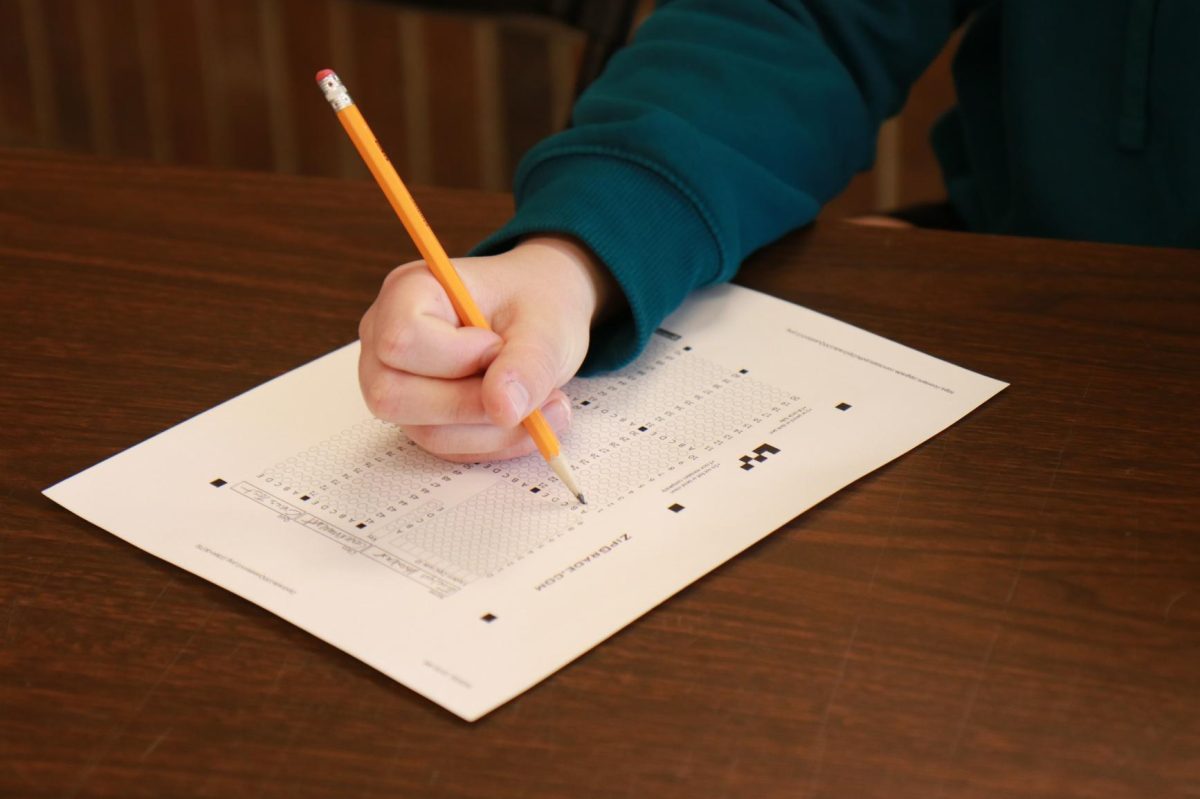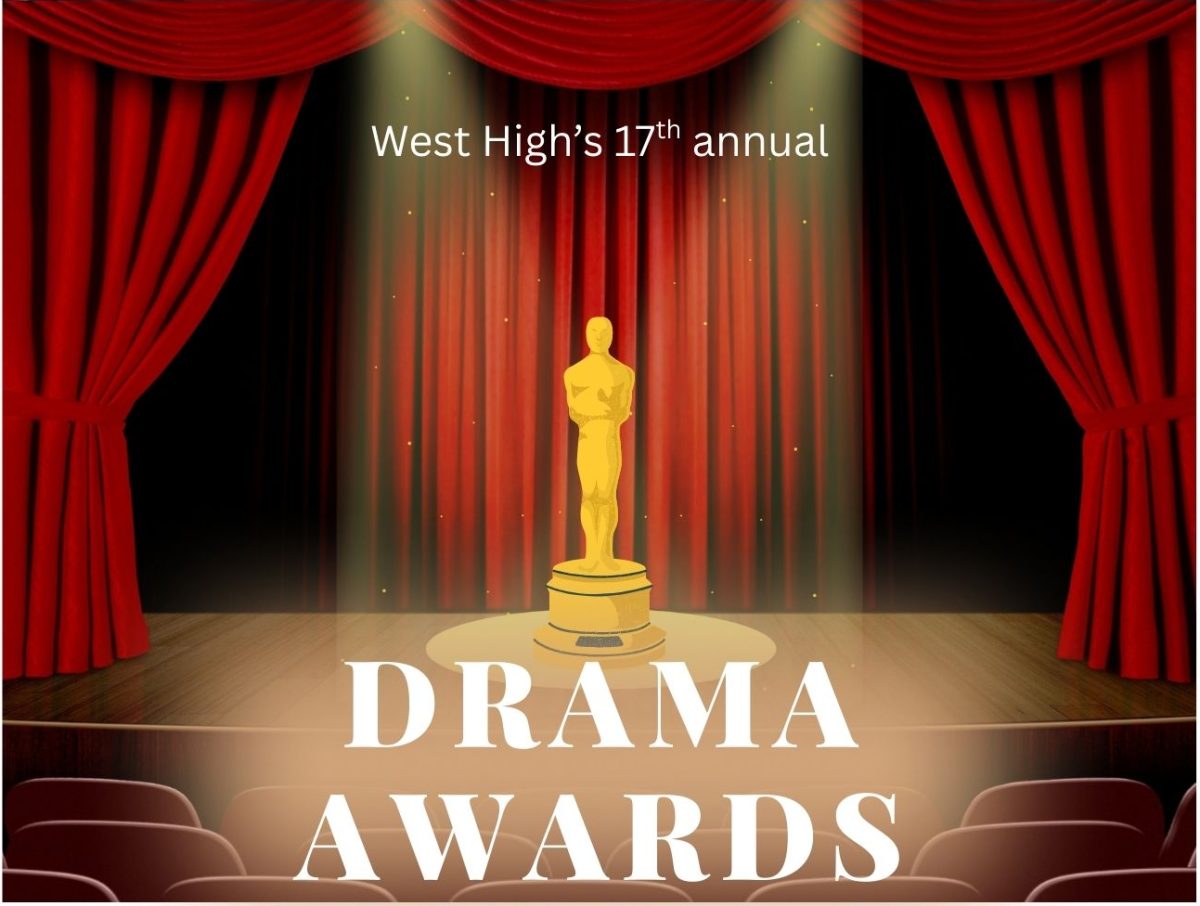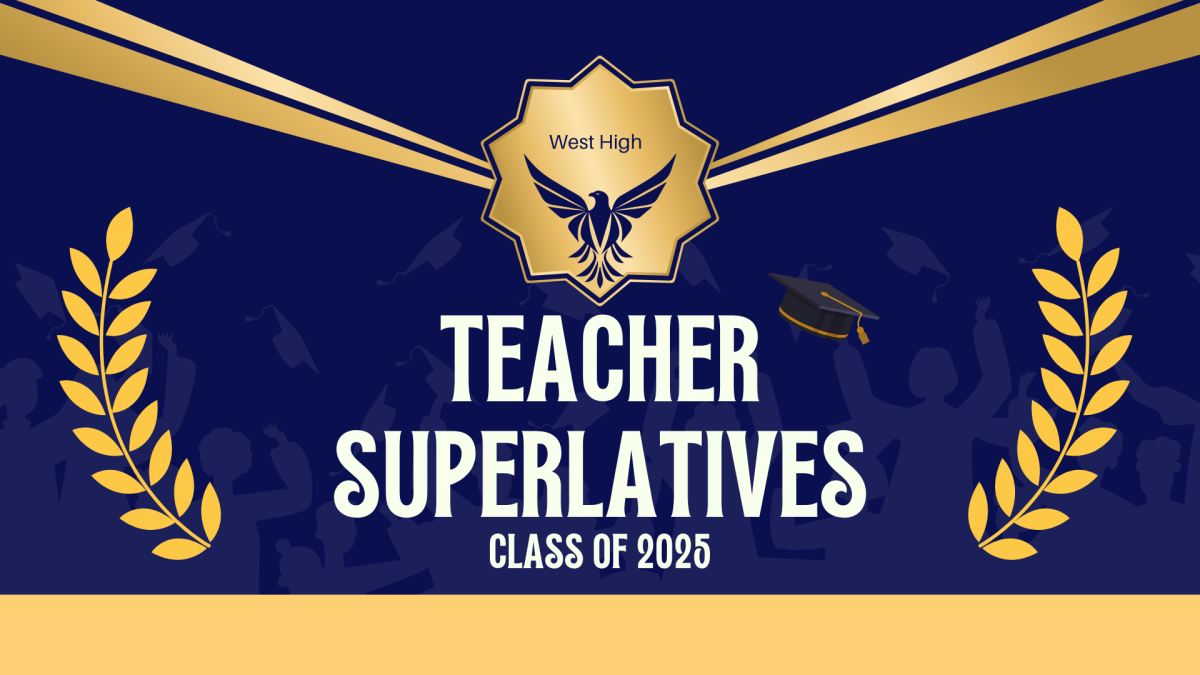Do you want to fall into a tunnel and wake up in a new world? Or travel through time with your best friend? Or fall in love with a handsome fairy man? All these dreams can come true with the popular hashtag of TikTok, named Booktok by its residents. Of course, you won’t step through a magical portal, but you can turn on your phone, and open up the popular app.
As TikTok rises to the peak of social media, young people from all over the world are united in a shared hobby, reading. Even people who have never considered themselves a reader are pulled into the community, perhaps finally encouraged to pick up a book.
Many readers rely on this book haven for recommendations, as well as its welcoming environment. Alexa Leist ’28 shares her opinion of this flourishing online community. “I can search up genres and a lot of different books, which is really helpful,” Leist said. The easy format of cozy, homemade videos has attracted many participants, creating a comfortable space made up of readers and writers of all kinds. Additionally, it offers the unique experience of hearing directly from published authors- many revered in this community.
#1 bestselling author of “Red Queen,” Victoria Aveyard, shares her writing process and daily life on her TikTok account @victoriaaveyard. Through this account, Aveyard promotes her books while viewers come running in to see if there is any new content to consume. “It’s just a lot easier to find books that are a little bit more popular or that you can relate to.” Leist shared.
Seeing other young people who enjoy the hobby of book writing and reading can be encouraging for typically non-readers. The popular hashtag has been built and sustained by regular people who wish to share their passion for books through creative videos—unlike some different reading environments such as English class, where students are required to analyze and annotate text. Many teenagers are only familiar with reading in this context, causing them to stray away from reading for fun.
This way, Booktok creates new readers by being very welcoming and providing a fun environment in which to connect with other people. Leist gives Booktok credit for helping her read more, “It’s all been pretty fun; I’ve got a huge list of books that I want to read. It definitely helps me get more into actual reading instead of getting distracted or just scrolling on my phone.”
However, all of this praise doesn’t come without criticism, and for some people, even hating. A common gripe with Booktok is that it has generalized the young adult genre, preventing any sort of originality. This means that any new books coming out stick to popular tropes, such as enemies to lovers, amnesia or fake dating. “I’d say maybe Ali Hazelwood comes to mind, because her books kind of stick to the tropes, and also the twisted series as well, which sticks to the brother’s best friend trope,” Leist said.
Ali Hazelwood is the writer of The “Love Hypothesis,” “Love, Theoretically,” “Love on the Brain” and countless other books that are much appreciated on Booktok—usually. But as young readers grow up and leave the secluded nest that is Booktok, they long for a change of pace. Some even claim that Booktok is a direct cause for the decline in good literature. Readers who are trying to get into unique or new dimensions of reading can be limited by the constant flow of processed or unoriginal books that are coming out.
This curse becomes clear when comparing new young adult books to their older, more popular superiors. For example, “The Hunger Games,” written by Suzanne Collins, is widely considered to be one of the best political commentary books ever written, despite being a part of the young adult genre. Seeing as this book was originally published in 2008, however, it would make sense to assume that it would be outdated by now, or outshined by more recent books of its genre. This assumption, however, is completely false. Young readers have taken to TikTok to voice their concerns and exhaustion with this new trend of trope-ified YA, or young adult books.
One such reader, @finepressedition on TikTok, otherwise known as Raghad, posted a video detailing the reasons why she gave up on reading “Powerless” by Lauren Roberts. Her main reason for dropping the book was that she felt as though it was purposely dumbed down to ‘appeal’ to a younger audience. Raghad pointed out that she did not feel respected as a reader by the writer or anyone editing the book as well.
Why is it so common now that whole publishing companies are preventing their authors from writing complex stories? While older YA books were not afraid to challenge the reader with complex topics, emotions, and figurative language, newer books never stray from the small box of tropes and unoriginal plot lines they share, with the fear of not selling as much.
Booktok can be good in moderation, as it is a doorway into reading for many people. Booktok is also a welcoming and useful method of finding what kind of books you like, as well as specific recommendations. However, the more popular Booktok has become, the more processed and unoriginal books have become, especially books of the YA genre. Instead of fully relying on social media for book recommendations, readers should make use of other resources available to them, such as the school and public libraries, and even other friends who read.



